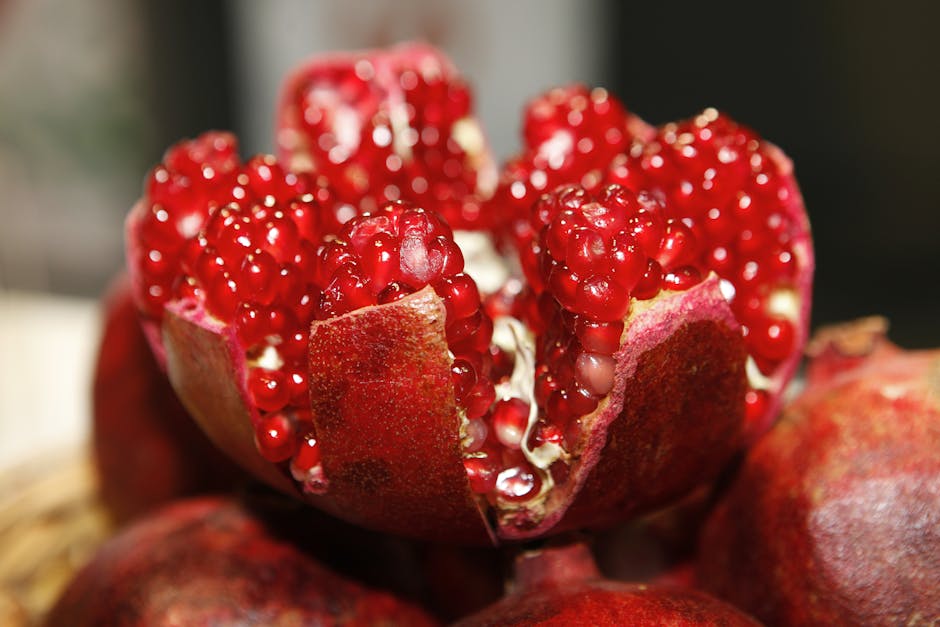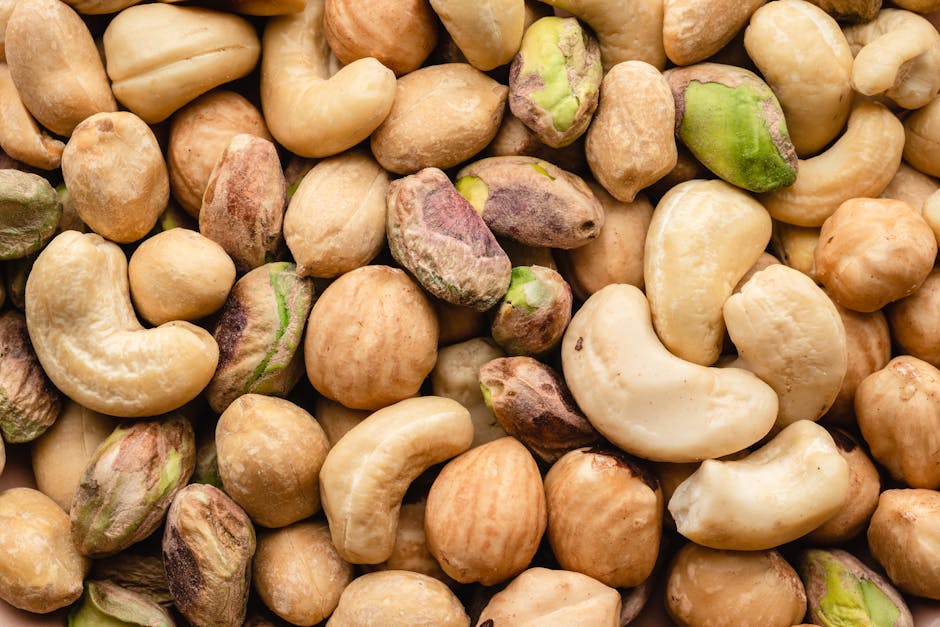The Benefits of a Plant-Based Diet for Pain Relief
As we navigate through the ups and downs of life, one common denominator we all share is the experience of pain. Whether it’s physical discomfort, chronic conditions, or even emotional distress, pain is a universal aspect of the human experience. In recent years, there has been a growing interest in exploring the role of diet in managing pain, with a particular focus on the benefits of a plant-based diet. This dietary approach, centered around consuming whole, unprocessed plant foods, has garnered attention for its potential to alleviate pain and improve overall well-being.
But how exactly does a plant-based diet contribute to pain relief? What are the mechanisms behind this connection, and what evidence supports the effectiveness of this approach? In this comprehensive guide, we will delve into the various aspects of how a plant-based diet can help alleviate pain, exploring the science behind it, examining real-life examples, and addressing common misconceptions. Let’s embark on this journey to uncover the transformative power of plant-based nutrition in managing pain.
The Science Behind Plant-Based Diets and Pain Relief

Research has shown that plant-based diets offer a myriad of health benefits, including reducing inflammation, improving gut health, and enhancing overall well-being. These benefits are particularly relevant when it comes to managing pain, as inflammation is a common underlying factor in many chronic pain conditions. By consuming a variety of plant foods rich in antioxidants, phytonutrients, and anti-inflammatory compounds, individuals can potentially reduce inflammation in the body, thereby alleviating pain symptoms.
For example, fruits and vegetables such as berries, leafy greens, and cruciferous vegetables are packed with antioxidants that help combat oxidative stress and reduce inflammation. Whole grains, legumes, nuts, and seeds provide essential nutrients like fiber, omega-3 fatty acids, and magnesium, which have been linked to reduced pain sensitivity and improved pain management. By incorporating these plant-based foods into their diet, individuals may experience a noticeable decrease in pain levels and an overall improvement in their quality of life.
Case Studies: Plant-Based Diets in Pain Management

While the scientific evidence supporting the benefits of plant-based diets for pain relief is compelling, real-life examples can provide valuable insights into the practical application of this dietary approach. One notable case study is that of Jane, a 45-year-old woman who struggled with chronic back pain for years. After adopting a plant-based diet rich in fruits, vegetables, and whole grains, Jane noticed a significant reduction in her pain symptoms within a few weeks.
Similarly, John, a 55-year-old man with arthritis, found relief from his joint pain by following a plant-based diet focused on anti-inflammatory foods like turmeric, ginger, and green tea. By incorporating these plant-based ingredients into his meals and reducing his intake of processed foods and animal products, John experienced improved mobility and a decrease in pain flare-ups.
These case studies illustrate the tangible impact that plant-based diets can have on pain management and overall well-being. By making simple yet impactful changes to their dietary habits, individuals like Jane and John were able to take control of their pain and improve their quality of life.
The Role of Mindfulness and Relaxation in Pain Relief

In addition to the physical benefits of a plant-based diet, the psychological and emotional aspects of pain management are equally important. Mindfulness practices, such as meditation, deep breathing, and yoga, can complement a plant-based diet in alleviating pain by reducing stress, promoting relaxation, and enhancing overall well-being.
Studies have shown that mindfulness techniques can help individuals cultivate a greater awareness of their bodies, emotions, and pain sensations, allowing them to respond to discomfort in a more balanced and constructive manner. By incorporating mindfulness practices into their daily routine, individuals can develop coping strategies that empower them to manage pain more effectively and improve their quality of life.
Common Misconceptions About Plant-Based Diets and Pain Relief

Despite the growing body of evidence supporting the benefits of plant-based diets for pain relief, there are still some common misconceptions and myths surrounding this dietary approach. One prevalent misconception is that plant-based diets lack protein and essential nutrients necessary for optimal health, including pain management. However, with careful planning and a diverse selection of plant foods, individuals can meet their nutritional needs and thrive on a plant-based diet.
Another misconception is that plant-based diets are expensive and inaccessible to the general population. While it’s true that certain specialty plant-based products can be pricey, a plant-based diet can actually be more affordable than a diet rich in animal products. By focusing on whole, unprocessed plant foods like grains, legumes, fruits, and vegetables, individuals can create nutritious and budget-friendly meals that support pain relief and overall well-being.
FAQs About Plant-Based Diets for Pain Relief
1. Can a plant-based diet completely eliminate pain symptoms?
While a plant-based diet can significantly reduce pain levels and improve overall well-being, individual responses may vary. It’s important to consult with a healthcare provider or nutritionist to develop a personalized dietary plan that meets your specific needs and health goals.
2. Are there any potential side effects of switching to a plant-based diet for pain relief?
Some individuals may experience mild digestive changes or fluctuations in energy levels as their body adjusts to a plant-based diet. These side effects are typically temporary and can be managed by gradually introducing plant foods into your meals and staying hydrated.
3. How soon can I expect to see improvements in my pain symptoms after transitioning to a plant-based diet?
While everyone’s journey to pain relief is unique, many individuals report noticeable improvements in their pain symptoms within a few weeks of adopting a plant-based diet. Consistency and commitment to healthy eating habits are key to maximizing the benefits of a plant-based diet for pain relief.
To Wrap Things Up
In conclusion, the benefits of a plant-based diet for pain relief are multifaceted and profound. By incorporating a variety of plant foods rich in antioxidants, anti-inflammatory compounds, and essential nutrients into their meals, individuals can reduce inflammation, improve pain management, and enhance their overall well-being. Coupled with mindfulness practices and a focus on relaxation, a plant-based diet offers a holistic approach to pain relief that empowers individuals to take control of their pain and live their lives to the fullest.
As we continue to explore the potential of plant-based nutrition in managing pain, it’s essential to approach this dietary approach with an open mind and a willingness to embrace change. By making conscious choices that prioritize health, well-being, and sustainability, we can harness the transformative power of a plant-based diet to cultivate a life free from pain and full of vitality.




